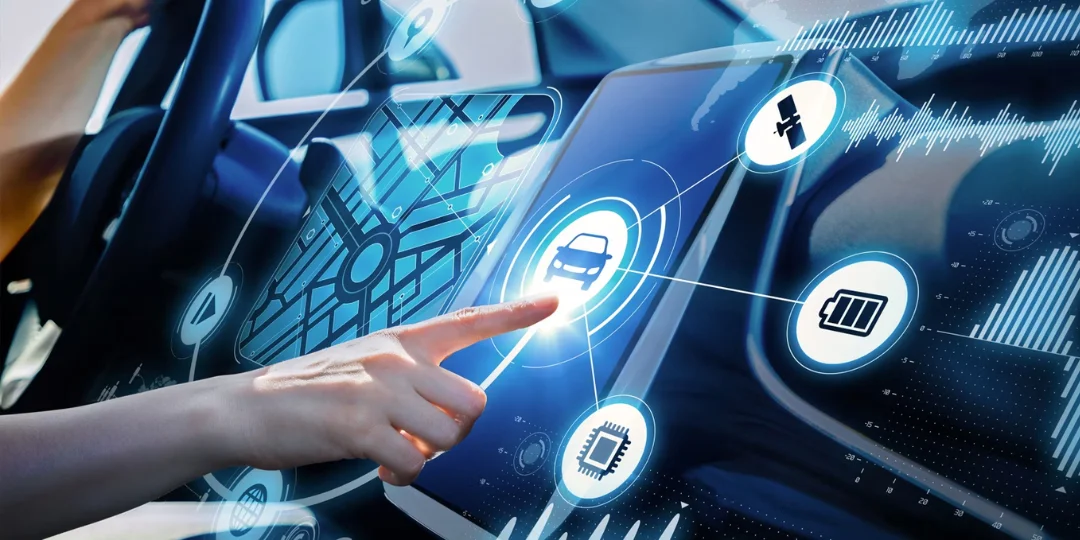The world of software development is in a constant state of evolution, and as we approach 2024, it’s crucial to stay updated with the latest trends. In an age where user-friendly applications are more important than ever, the role of a full-stack developer has gained immense significance.
Deep in the heart of Texas, Austin stands as a testament to the boundless potential of the technology industry. It’s a city where the convergence of giants and startups creates a dynamic ecosystem, propelling the technology sector to new heights.
Nestled in the heart of the United States, New Jersey, renowned for its stunning natural beauty, is also emerging as a hotbed of technological innovation. In this article, we embark on a journey through the digital landscape of the Garden State, where software development and IT companies are reshaping industries, fostering job opportunities for software developers, and contributing to the technological future of New Jersey.
The healthcare sector has witnessed a significant transformation with the adoption of Software as a Service (SaaS). This paradigm shift has propelled healthcare from being a mystery to a mainstream digital domain.
In today’s rapidly evolving automotive industry, software plays a pivotal role in shaping the future of transportation. From autonomous vehicles to advanced driver assistance systems, automotive software development has become the driving force behind innovation.
Recently, artificial intelligence has emerged as a game-changer, and its impact is felt across various industries. One domain where AI is making significant strides is in software development.
In today’s fast-changing world, knowing what lies ahead for the financial industry is incredibly important for businesses, investors, and regular folks. This article takes a closer look at the changing world of finance. We’ll explore the big changes, cool trends, and exciting new ideas that are shaping how we handle money.
In today’s rapidly evolving financial landscape, choosing the right fintech development company is paramount. The financial industry is undergoing a profound transformation, driven by technological innovations.
In today’s fast-paced business landscape, having the right IT system can make or break your success. Custom software development has emerged as a critical component in ensuring a competitive edge.
As the digital transformation continues to reshape industries, businesses are increasingly turning to online solutions, with Software as a Service (SaaS) emerging as a leading and highly praised business model. SaaS has proven to be a game-changer, delivering significant returns on investment for both companies and their users.












